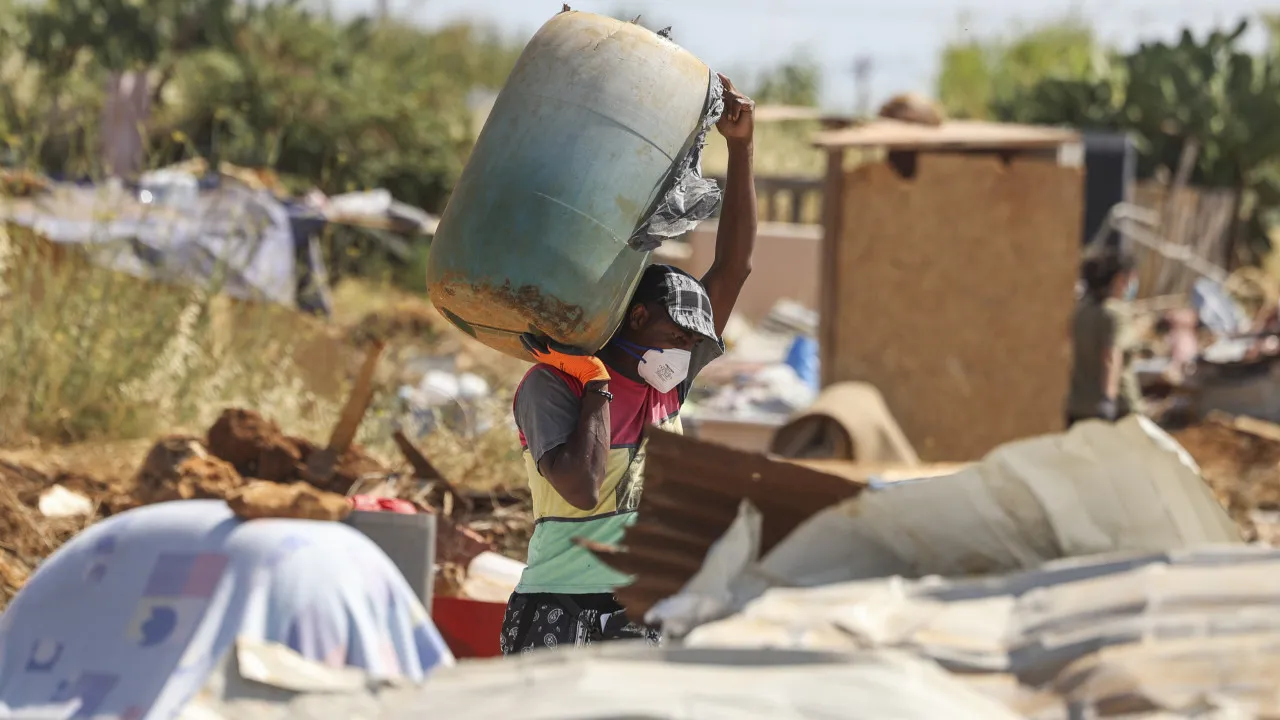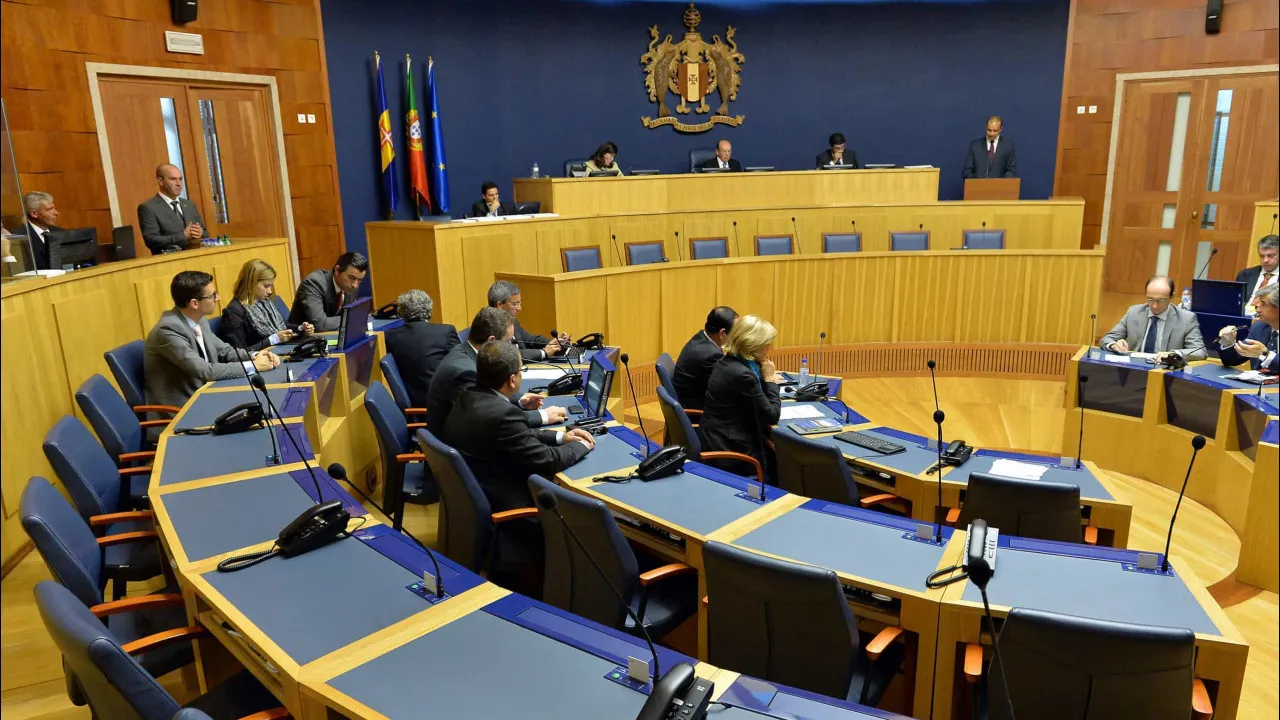
A new independent publishing house, Laika Edições, headquartered in Castelo Branco, has been created to address a perceived literary scarcity in Portugal. It has recently introduced its first two titles, focusing on unpublished authors and meticulous editions.
Laika, an independent generalist publisher with a small team of two people with no prior editorial ties, primarily aims to publish novels, poetry, and short stories. The editorial direction is guided by affective and literary criteria.
“We want to publish literature that has captivated us over the years but remains unpublished in the country,” stated Rodrigues Neves, one of the driving forces behind the initiative, in a written interview.
Laika was born out of a “certain scarcity” felt by the two editors as readers, compelling them to read literature in other languages, often imported, due to the limited presence of such literature in the Portuguese market or its edition by independent publishers with restricted reach, Neves explained.
“The case of Micheliny Verunschk is perhaps the most striking. Widely awarded and recognized in Brazil, translated into other languages, yet unpublished in Portugal until now (with a book whose urgency is particularly relevant in Portugal, despite its universality). This lack inspired the idea to start publishing,” he added.
This is one of the two initial titles launched by the publisher this week: “O som do rugido da onça” by Brazilian writer Micheliny Verunschk, winner of the 2022 Jabuti Prize, and the poetic work “Alecrim Recém Cortado” by Spanish author Juan Carlos Panduro.
“O som do rugido da onça,” with its cover illustrated by Joana Estrela, is described by the publisher as “a brave and lyrical novel” that examines colonialism and memory through the history of two indigenous children kidnapped in the 19th century, intertwining it with the story of a young woman in contemporary Brazil.
“Alecrim recém cortado,” translated by Ana Filipa Pires and with a cover designed by Diogo Potes, is a collection of youthful, queer poems, strongly influenced by the folkloric, rural, and popular universe of Extremadura, a border region with Portugal.
In the coming months, Laika is preparing to launch novels by Pol Guasch (translated from Catalan), short stories by Prabda Yoon (translated from Thai), and poetry by Patrizia Cavalli and Richard Siken, as well as a new book by Micheliny Verunschk.
“We are particularly attentive to the Ibero-American reality, especially in poetry, and anticipate more news in this regard soon, in addition to reviewing some originals. So far, all our authors are unpublished in Portugal, except for some translations published in anthologies or magazines, even though it was not a predetermined criterion. We expect to publish between six to ten titles per year,” Neves disclosed.
The aesthetic and graphic concern of the editions is acknowledged as one of the new label’s priorities, emphasizing the importance of a visual approach that is more than a “commercial image,” serving instead as a symbolic and sensitive extension of the literary content.
In the case of Joana Estrela, for example, it was important that the cover “conveyed a certain childlike, naïve, yet provocative and strong character,” clarified Rodrigo Neves.
“The author [Micheliny Verunschk] mentions that the title was spontaneously given by her son, still a child, and we wanted a cover that showed a jaguar through a child’s eyes, which is also relevant to the book’s characters. Joana is the best we know in this area and we are incredibly proud of the cover we published,” he emphasized.
Regarding the choice of Diogo Potes, the team wanted a cover “that made explicit the more ‘kitsch’ and garish aspect of these poems, with simple and strong elements that are permanent in the poems and their imagery. Diogo was able to automatically read the poems and translate them into a visual identity that perfectly presents them.”
“We will continue to work with established and emerging artists for our covers, which we intend to be one of our trademarks and for readers to understand them as a faithful visual presentation of what they can find in the texts we publish,” the editor assured.
Initially conceived in Lisbon, the publisher eventually settled in Castelo Branco, a decision driven by personal factors—mainly the housing crisis—and the possibility of reconciling the project with other professional activities.
However, this relocation also represents a commitment to decentralizing the literary circuit, usually concentrated in major urban centers, he noted.
The two editors operate in partnership with various individuals who help “bring the books to life,” such as translators, proofreaders, and illustrators, and continue to focus on what is being done in a more independent circuit, both in publishers and bookstores.




